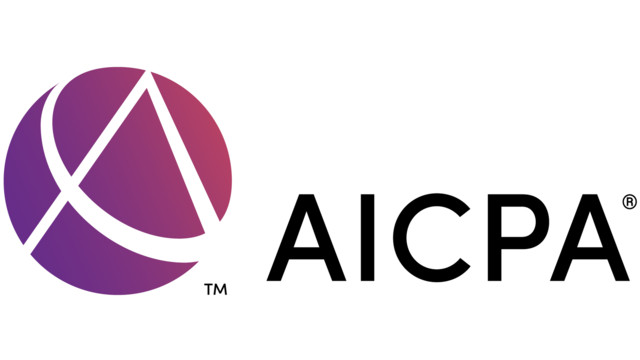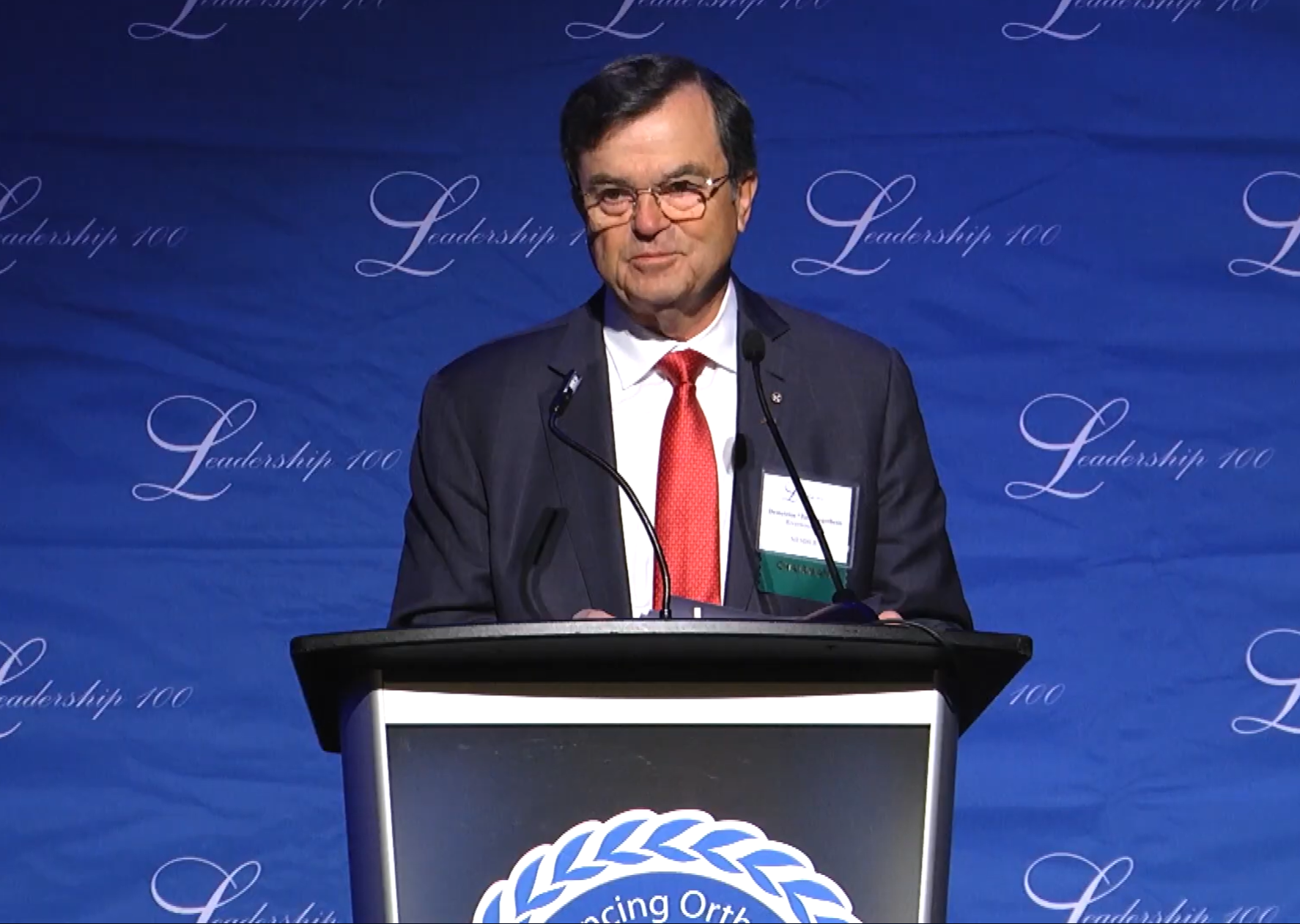AICPA News is a round-up of recent announcements from the Association.
College Accounting Programs Need to Update Curricula: AICPA-NASBA
There are major gaps in college accounting education today, with fewer than half of all programs teaching emerging topics, such as IT governance and cybersecurity, according to a new report by the American Institute of CPAs (AICPA) and National Association of State Boards of Accountancy (NASBA).
Accounting Program Curriculum Gap Analysis Report found mixed results for coverage of emerging and technology topics. While more than 60 percent of collegiate accounting programs are teaching topics like data analytics and IT audit, fewer programs cover cybersecurity, predictive analytics or System and Organization Controls (SOC).
The report, also includes responses from more than 300 collegiate accounting programs, and was intended to gain a broad picture of how accounting programs have incorporated new technology and other critical skills within their current curricula, especially as the AICPA and NASBA CPA Evolution initiative advances.
In June 2021, AICPA and NASBA, with support of the American Accounting Association, will unveil a model curriculum to guide faculty in addressing the accounting coursework needed by those pursuing licensure under the new CPA Evolution model.
Sole Proprietors Are Unfairly Impacted by PPP Deadline
The AICPA has issued the following statement calling for the Small Business Administration (SBA) to extend the Paycheck Protection Program (PPP) application deadline and revise its latest guidance so it is more fair to all:
“The PPP has been a critical lifeline for many small businesses, especially the millions of sole proprietors that are the foundation of the U.S. economy. Yet, the SBA’s last-minute guidance, coupled with the unrealistic March 31st PPP application deadline, has created unnecessary confusion and anxiety. We strongly urge the SBA to revise its guidance to be retroactive and to extend the PPP application window by at least 60 days so everyone, including lenders, small businesses and the CPAs who advise them, has enough time to adapt to changing guidance and operational challenges,” said Barry Melancon, CPA, CGMA, AICPA president and CEO. “The March 31 deadline simply does not make sense. Many PPP lenders have said that they need at least one week to update their systems for this guidance before they accept new applications. That gives small businesses less than two weeks to submit a complete and accurate application. Also, the SBA guidance is unfair to the many sole proprietors that received a smaller PPP loan than they would now be eligible for. We have heard from many CPAs and small businesses that those who elected to apply for a PPP loan prior to the new guidance received a substantially smaller amount than those who submit an application today.”
CPAs and Their Small Business Clients Thankful for Passage of PPP Extension Act, Says AICPA
The AICPA and the more than 44,000 CPA firms it represents today thanked Congress for final passage of the PPP Extension Act of 2021. AICPA has strongly encouraged the Small Business Administration (SBA) and Congress to extend the Paycheck Protection Program (PPP) application deadline by 60 days so that the SBA can address significant loan application process challenges, including confusing validation and error codes, delayed guidance and changes to the PPP loan amount calculation for self-employed borrowers.
The additional 60 days provided by the PPP Extension Act will greatly help small businesses, non-profits and the CPAs that serve them complete existing and file new PPP loan applications.
AICPA Survey Shows Fear of Inflation
With the promise of expanded pandemic-related relief and an improving vaccine rollout, U.S. business executives are taking a more optimistic view of the U.S. economy for the coming year, according to the first-quarter AICPA Economic Outlook Survey. The survey polls chief executive officers, chief financial officers, controllers and other certified public accountants in U.S. companies who hold executive and senior management accounting roles.
There’s a downside, however, to the prospect of a more open-throttle economy: a greater risk of inflation. Business executives’ concerns about inflation grew from 24 percent to 44 percent, quarter over quarter, the highest level it’s risen to since the end of 2018.
Despite that backdrop, there are several positive notes from the survey:
Thanks for reading CPA Practice Advisor!
Subscribe Already registered? Log In
Need more information? Read the FAQs





